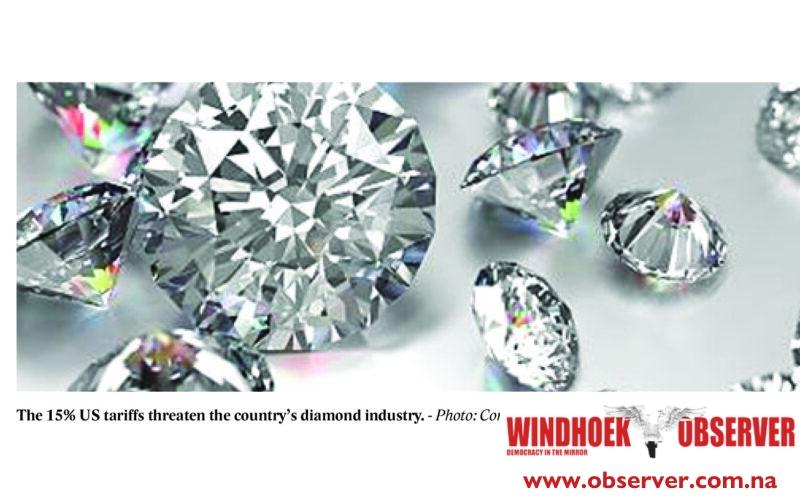Chamwe Kaira
US President Donald Trump has directed changes to annex II of the tariff schedule, expanding and modifying the scope of goods covered under the reciprocal tariff system, the White House announced.
On 5 September, Trump signed an executive order that broadens US trade tariffs under his ‘reciprocal tariff’ regime. The move is part of his effort to rebalance America’s trade relationships.
According to the White House, reciprocity remains the core principle. Trump has argued that US partners maintain lower tariffs on American goods while enjoying easier access to US markets. Under the new system, the US will impose tariffs equal to or higher than those faced by American exporters abroad, unless partners take steps toward fairer trade practices.
The order directs the secretary of commerce and the US Trade Representative to monitor global trade practices, recommend further actions, and implement agreements with partners once concluded.
The framework already includes elements of recent agreements with the European Union and is pursuing similar deals with other countries.
In August, the Jewellers of America (JA), a national trade association for the jewellery industry, held talks with senior Trump administration officials about the risks of tariffs on polished diamonds entering the United States. The association also advocated for the inclusion of diamonds in Annex II, a list of tariff-exempt products classified as critical minerals.
The JA said tariffs are a serious concern for the jewellery industry. “We are aggressively communicating with key members of the Trump administration to ensure the jewellery industry’s voice is heard,” the association stated. The association cautioned that we have yet to witness the full impact of tariffs on pricing and consumer confidence.
In May, the association submitted a position paper to the White House titled The Impact of Broad Tariffs on the US Jewellery Industry. The paper outlined how tariffs were negatively affecting members and the industry at large.
Namibian products are also lobbying for relief. In August, Debmarine Namibia confirmed that talks were underway to secure an exemption for diamond exports to the US, warning that the current 15% tariff threatens competitiveness.
Caption
The 15% US tariffs threaten the country’s diamond industry.
- Photo: Contributed




